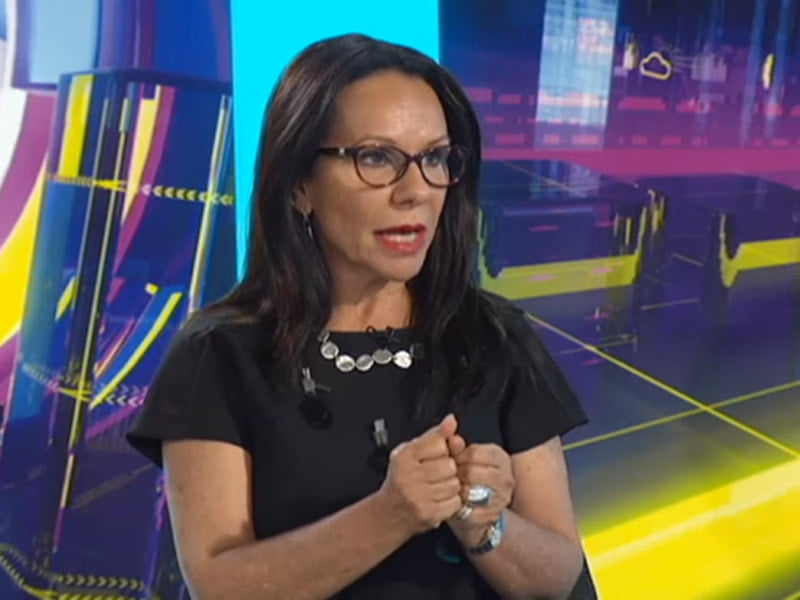The Federal Government’s highly controversial robo-debt recovery system is a “fundamentally broken program” that has had a “profoundly negative impact on the lives of thousands of Australians”, a Senate report has found.
The Community Affairs References Committee tabled its report into Centrelink’s online compliance intervention (OCI) program this week, calling for the robo-debt program to immediately be put on hold, until “procedural fairness flaws” are addressed.
But Human Services minister Alan Tudge was quick to dismiss the report, saying it was “politically motivated and factually incorrect”.

The report also criticised the Digital Transformation Agency’s lack of involvement in the scheme, with both sides of politics calling for it to be involved with future improvements.
The committee put forward 21 recommendations, including that the OCI program be put on hold until the flaws are addressed, a “robust risk assessment process” be undertaken, debts to be reassessed by humans, and all data-matching guidelines and protocols be adhered to.
Centrelink’s robo-debt program lacked procedural fairness at every stage and had been set to fail from the beginning, the committee’s report said.
“This lack of procedural fairness disempowered people, causing emotional trauma, stress and shame. This was intensified when the government subsequently publicly released personal information about the people who spoke out about the process,” the report said.
The robo-debt program cross-checks payment data from the ATO with information supplied to Centrelink by welfare recipients and sends out automated letters where a discrepancy is found.
The data cross-matching has been going on for years, the committee found, but removing the human oversight and putting the responsibility on recipients to clarify information was a move made by the government mid-last year.
This resulted is more than 220,000 discrepancy letters sent to Australians, with an estimated 20 per cent of this being for debts that did not exist, the report found.
“The committee is concerned about the shift in the onus from the department to the individual recipient to verify whether or not a purported debt exists.”
“The committee is particularly concerned that individuals do not have access to the same resources and coercive powers as the department to access historical employment income information.”
The two Coalition senators on the committee produced a dissenting report, refuting most the claims made the original report.
The dissenting report did however recognise that there are “elements of the current welfare system integrity process which are being further improved, clarified and modernised”, including improved data matching, enhanced communication and better debt management process.
“It has been widely acknowledged by the government that the initial rollout should have received more robust planning and consideration of the impact and operation of increasingly moving to digital engagement,” the dissenting report said.
The dissenting report also claimed that many of the submissions to the inquiry from third parties were “aiming solely at scoring political points and inflaming the situation rather than offering practical assistance in resolving the issues raised”.
The Senate committee also slammed the Digital Transformation Agency’s lack of involvement or consultation on the robo-debt scheme, with the organisation only working with the Department of Human Services briefly at the start of the year.
“Despite their role and experiences in digital transformation, the committee heard that the department did not consult with the DTA prior to the implementation of the OCI system,” the report said.
The formerly named Digital Transformation Office was not consulted on the robo-debt project at all, with ex-CEO Paul Shetler saying the organisation was “locked out” by the Department of Human Services and found out about it from the media.
“Generally speaking they were difficult to work with and very, very defensive. ‘Nothing is wrong, everything is good, the house is burning down but everything is fine’,” Mr Shetler said was the attitude.
The Coalition senators also agreed that the program’s use of data needed to be improved and the DTA should be actively consulted.
“Coalition senators recommend that DHS continue to invest in its data and analytical capabilities be further improved. This ought to include an integrated case selection methodology that draws information together from data sources such as annual tax returns, financial income, company tax, foreign pension, family day care and trust income,” their report said.
“System enhancements should be tested, designed and implemented in consultation with relevant stakeholders and government agencies, especially the DTA.”
In response to the report, shadow human services minister Linda Burney said the robo-debt program was “so flawed it was set up to fail”.
“Alan Tudge must act on these recommendations – if he doesn’t he can no longer blame ignorance, it must be malice,” Ms Burney said.
But Mr Tudge has rejected the report as partisan and inaccurate.
“This is a politically motivated and factually inaccurate report, reflecting the fact that Labor and the Greens don’t support auditing of the welfare system,” he said in a statement.
“The Ombudsman found that asking welfare recipients to explain discrepancies identified through data-matching is ‘reasonable and appropriate’ and that the ‘debts raised by the OCI are accurate’ with these debts being based on the information available to DHS at the time the decision is made.
“The government has accepted all of the Ombudsman’s recommendations and many have already been implemented.”
Do you know more? Contact James Riley via Email.

